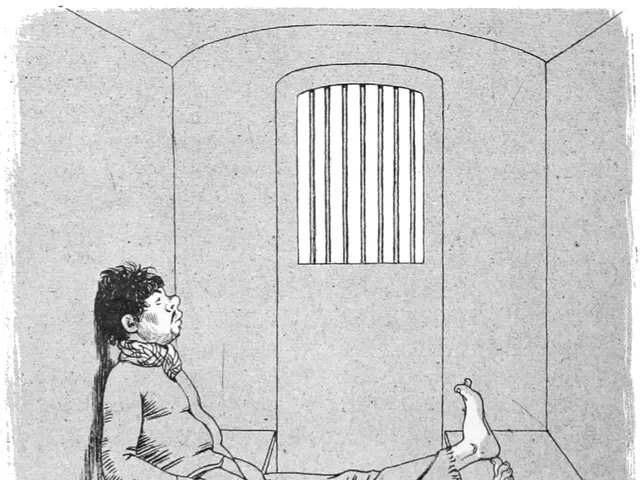Airline passenger fees set to increase by an additional 3 billion baht for the Airports of Thailand (AOT)
The Civil Aviation Authority of Thailand (CAAT) is considering a proposed increase in the Passenger Service Charge (PSC) at Airports of Thailand (AOT) airports, which could potentially see a five-baht-per-person increase for departing passengers. This increase, pending approval from the Civil Aviation Board (CAB), is part of AOT's efforts to align PSC rates with global averages and fund airport expansion and service improvements.
Currently, AOT charges 730 baht for international departing passengers. If approved, the increase could boost AOT's annual revenue by around 3 billion baht. The Transport Ministry, led by Minister Suriya Jungrungreangkit, has instructed AOT to study the PSC increase, comparing Thailand's rates with major international airports like Singapore, Japan, and Hong Kong. The study results were expected by September 2025.
The proposed increase is designed to support infrastructure investments, such as the expansion of Suvarnabhumi Airport and improving convenience for transit passengers, not due to liquidity issues at AOT. Interim proposals consider a smaller hike of 5 baht, which would only add about 200–300 million baht annually to AOT's revenue. However, the 100 baht increase remains the major anticipated change for a significant revenue boost of around 3 billion baht annually.
After the study, AOT will submit the proposal to the CAAT and the CAB for final approval, aiming for implementation by the end of 2025. It is worth noting that the delay in CAB approval is due to an incomplete quorum following a member's resignation.
If the five-baht PSC increase is approved, AOT would gain an additional THB 200 million-300 million annually. However, if the increase is increased to 100 baht, as proposed, AOT could potentially boost its annual revenue by about three billion baht.
The CAAT is open to considering a proposal by AOT to charge transit and transfer passengers for airport services, which are currently exempt. AOT must submit detailed documentation and comparative data with similar-tier international airports to support the case for charging transit and transfer passengers.
Moreover, AOT plans to apply a uniform PSC rate across all its facilities for consistency in revenue and expense management, despite differences in management costs and passenger volumes among its six airports.
According to Acting AOT president Paweena Jariyathitipong, the AOT and CAAT are in agreement that the Passenger Service Charge (PSC) should cover the actual costs of providing airport services, a stance the AOT has advocated for the past 5-6 years. The CAAT and AOT are currently studying the PSC for outbound travellers with the aim of a major adjustment.
PSC calculations vary globally, but all follow International Civil Aviation Organisation (ICAO) standards. The current PSC rates no longer reflect actual airport operating costs, posing a barrier to airport development. If AoT aspires to become a regional aviation hub, PSC rates must be revised to a level that aligns with realistic revenue expectations and investment needs for infrastructure development.
- The proposed PSC increase by AOT, if approved by CAAT and CAB, could potentially see a significant boost in revenues, not only from an additional THB 200 million-300 million annually with a 5-baht increase, but also up to around three billion baht annually with a 100-baht increase.
- To further generate revenue, AOT is considering charging transit and transfer passengers for airport services, as the CAAT is open to considering a proposal by AOT in this regard, provided that AOT submits detailed documentation and comparative data with similar-tier international airports to support the case.








